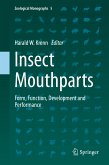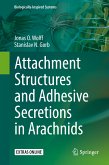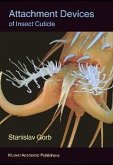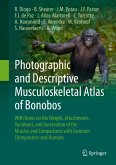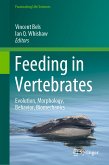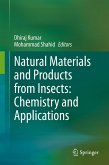This book showcases the diverse strategies used by invertebrate organisms to enhance their structures with metals. Written by the leading scientists in this multidisciplinary field, this book explores a range of metal-enhanced structures that span the world of invertebrates, their wonderous uses, and their applications to human-engineered products. The articles, accompanied by artistic imagery, reveal how metals augment the cuticle of insect mouthparts, the tongue of snails, the slime of slugs, and the claws of crabs. Intended for evolutionary biologists, material scientists, and anybody with an interest in invertebrate biology, this book covers what we currently understand about the adaptive value of metals in structures and lays a foundation for future studies.
Dieser Download kann aus rechtlichen Gründen nur mit Rechnungsadresse in A, B, BG, CY, CZ, D, DK, EW, E, FIN, F, GR, HR, H, IRL, I, LT, L, LR, M, NL, PL, P, R, S, SLO, SK ausgeliefert werden.



